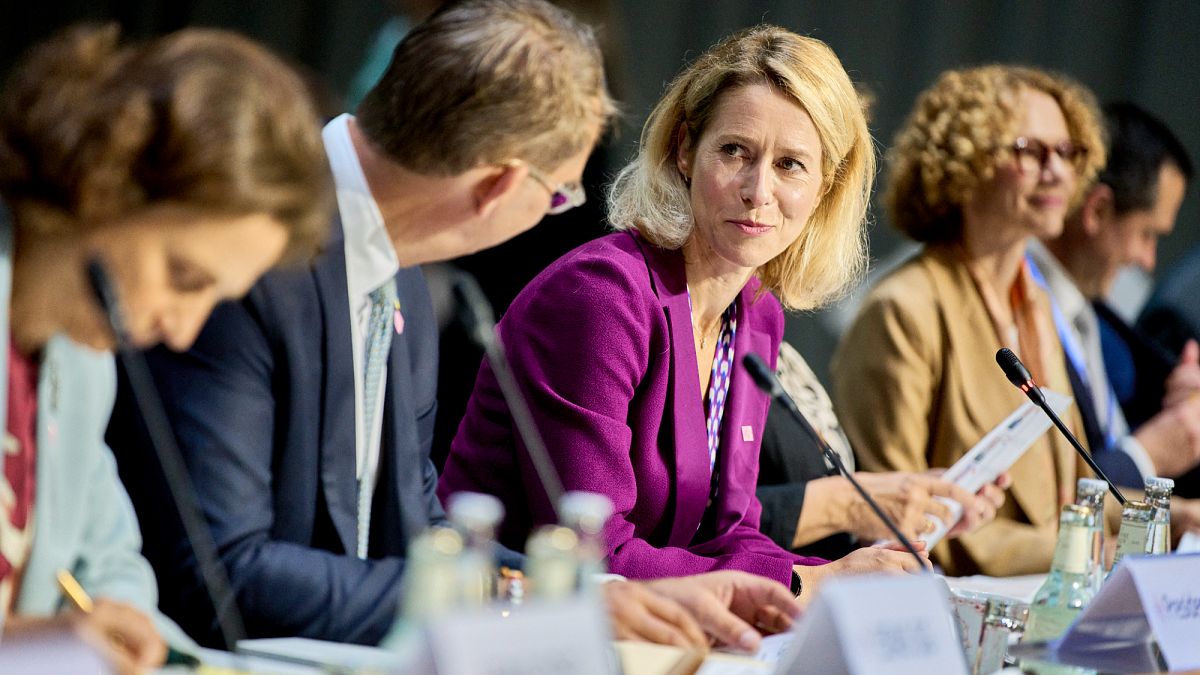Published on
The EU’s foreign affairs chief, Kaja Kallas, stated that frozen assets will not be returned to Russia unless Moscow pays reparations to Ukraine. Kallas argued at the informal meeting of foreign affairs ministers in Copenhagen that the bloc needs to be prepared in case of an eventual ceasefire or a peace deal.
“We can’t possibly imagine that, if there is ceasefire or a peace deal, that these assets are given back to Russia if they haven’t paid for the reparations,” the high representative said.
The EU’s foreign ministers meet in Copenhagen for an informal Foreign Affairs Council to discuss issues related to the war in Ukraine. In this format, ministers do not make decisions, but they discuss the issues in depth.
After the full-scale invasion of Ukraine, the European Union decided to freeze state assets worth 210 billion euros. This amount is not confiscated, but the EU uses its interest to support Ukraine’s war efforts.
Earlier, experts warned that the possible confiscation and use of frozen assets is an unprecedented area and could result in a legal minefield for the EU.
The biggest chunk of assets, €183bn, is held in Belgium, a host country of the Euroclear clearinghouse for financial transactions. Those assets belong to the Russian central bank, which originally held them as short-term government bonds.
In the EU, Poland and the Baltic countries were in favour of the full confiscation of the frozen assets, while Belgium, Germany, and France had legal reservations.
Earlier this week, Hungary sued the Council of the EU over a decision to grant billions of euros of aid to Ukraine from frozen Russian assets.
Budapest argued that the European Peace Facility (EPF), a financial programme which facilitates military aid to allied countries, breached EU law by ignoring Hungary’s opposition in this matter.
Ukraine receives between €3–5 billion every year through the EPF programme, which is almost fully financed from the interest of frozen Russian assets in Europe.

